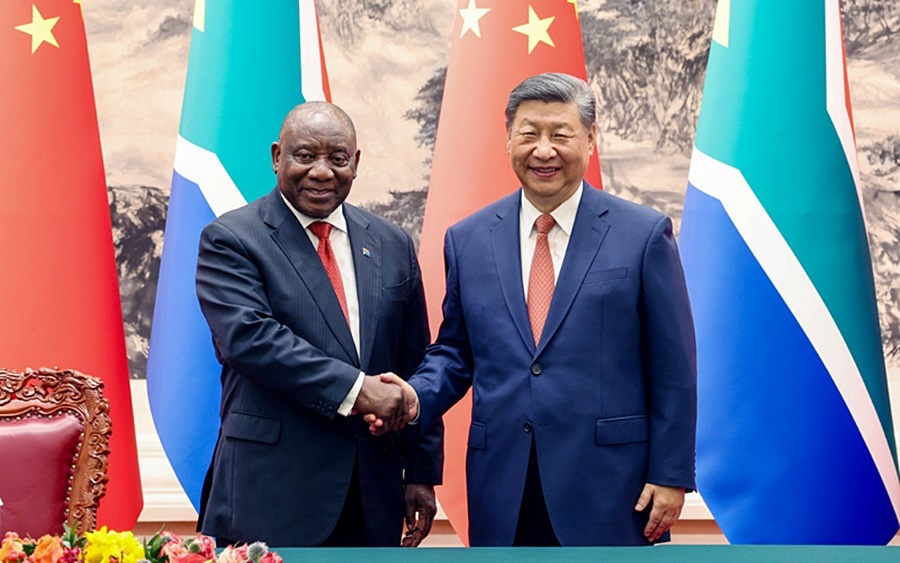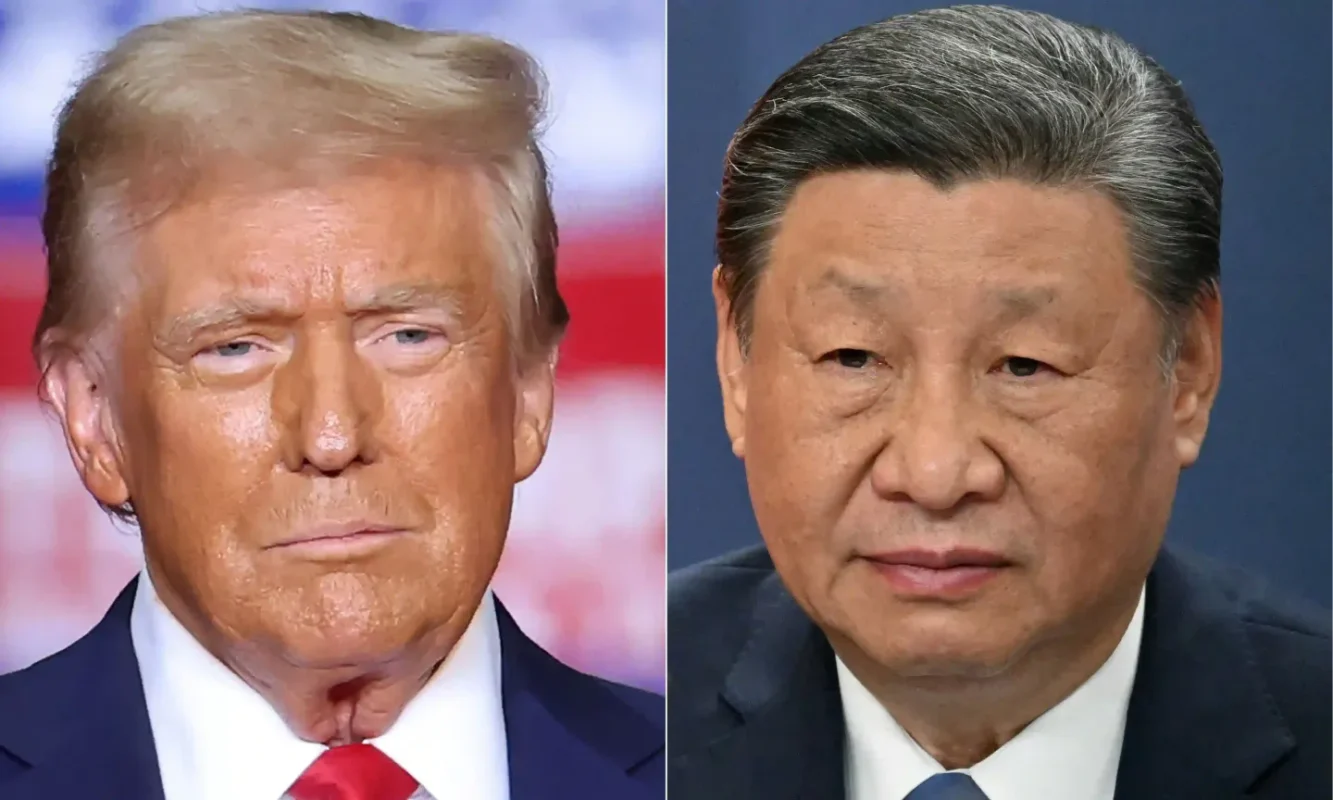What happens when a strategy meant to make America stronger ends up pushing the world closer to China? As tariffs reshape global trade, partners once reliant on the U.S. are quietly sTrump’s Tariffs Might Backfire and Solidify China’s Position as a Reliable Trading Partnereeking new alliances – and the balance of power may be shifting faster than Washington expected.
Being asked about his tariff plan, President Trump once proudly declared it would transform the global market, positioning America as the centerpiece of global trading. Peter Navarro, a longtime adviser to Trump, even suggested his boss deserved an economics Nobel Prize for asserting America’s dominance. It is true that the US has successfully weaponized its economic heft and instilled fear into investors and exporters’ minds, but in doing so, Trump might accelerate China’s rise to power.
Tariffs and geopolitical tension, most of which were created by the Trump administration, have tarnished America as a reliable trading partner. Our biggest exporters, like India and Mexico are scrambling to find new clients. Even before Trump assumed power, America was less dominant than it was in the past. At the start of the century, America accounted for a fifth of global imports, but today it makes up just an eighth. Following tariff threats, countries’ leaders might strive to strike new trade deals with Trump; however, this is an ostensible action: they are looking for alternatives at the same time. A South African official puts it this way, “The first step is to make concessions to America. The second is to look elsewhere.”
So how are governments around the world reacting to Trump’s levies? The textbook solution is to protect local firms by propping them up with generous subsidies and grants. Increased governmental support helps companies better absorb financial losses. These soft protectionism measures are what most countries have deployed, as few are bold enough to directly retaliate against Mr. Trump.
Some are forging new alliances to counterbalance America’s clout and the most notable is BRICS, which consists of 11 countries. After the US slapped a 50% tariff on Brazil, Brazil’s President has worked the phones to rally allies, especially China. Four days later, China announced its plan to deepen ties with the African country, with Xi Jinping calling the relationship between the two countries “the best in history.”

China and Africa to establish a new relationship positioning at the summit
Fortunately, as a group, BRICS is less tied to America than individual countries. Its members trade more goods with one another than with America, and the gap is expected to widen as Xi Jinping has promised to lift some tariffs once imposed on Africa.
Perhaps the best response would be to seek new trading partners. For instance, Brazil coffee exporters, hit with a 50% levy, are stepping up shipments to North Africa and the Middle East. Some clothes manufacturing firms in Lesotho are turning to regional buyers and Asian fashion brands. Although it is hard to redirect all American exports, these initial steps will, in the long term, diminish America’s role as a linchpin in global trading and maybe shift it to its biggest rival.
– Bui Hai Dang
